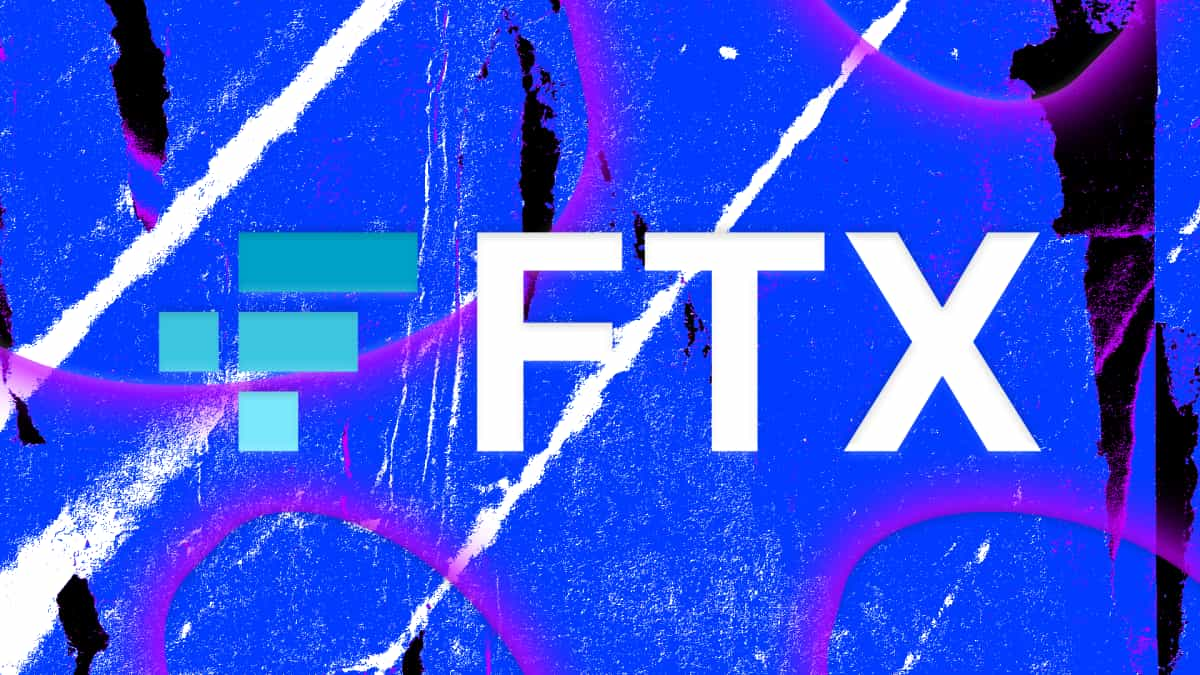OCC affirms Brooks-era permissions for banks to handle crypto — sort of


In an interpretive letter publicized on November 23, the Office of the Comptroller of the Currency tenuously maintained a series of greenlights that had come out of the previous administration.
Last year, the OCC under then-Acting Comptroller Brian Brooks authorized federal banks to custody crypto, hold fiat reserves for stablecoin operators and operate cryptocurrency network nodes. Tuesday's announcement said that those activities remain legal — as long as the bank engaging in them gets written authorization from its supervisory office:
"This letter clarifies that the activities addressed in those interpretive letters are legally permissible for a bank to engage in, provided the bank can demonstrate, to the satisfaction of its supervisory office, that it has controls in place to conduct the activity in a safe and sound manner."
The logistics herein remain uncertain, as these supervisory offices have not had to conduct this sort of oversight in the past.
Owing to a change in the administration and prevailing political winds, the current OCC has had to back away from a number of Brooks-era proposals and positions. The OCC is currently led by Michael Hsu, who has been serving in an acting capacity. During his time in office, Hsu has advocated for stronger oversight of the crypto space and recently convened a multi-regulator "sprint" on the subject of industry regulation.
Earlier this month, the administration of US president Joe Biden formalized its nomination of Saule Omarova, a professor at Cornell’s Law School, to lead the OCC.



